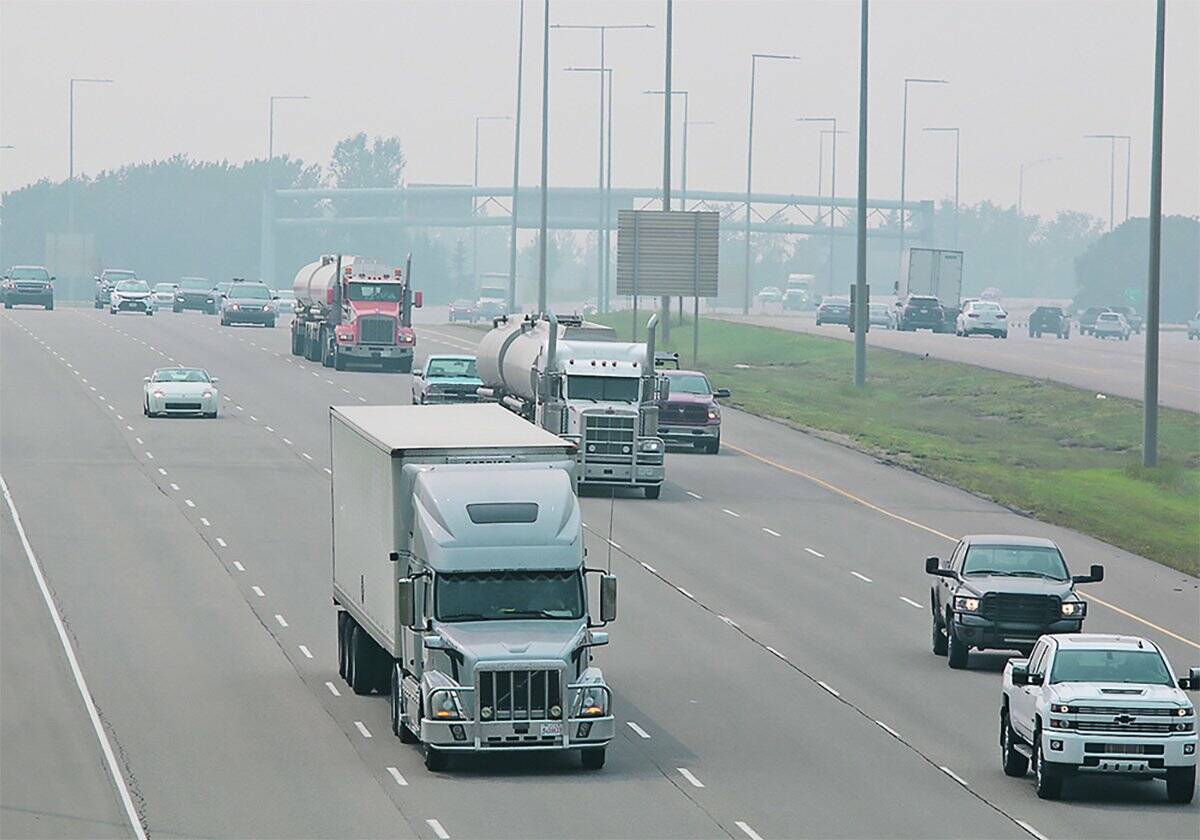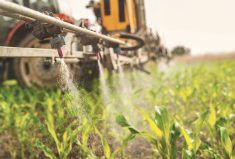AARD Release / Urbanites seldom worry about whether or not their water is safe to drink because regulations require municipalities to treat and test water quality on a regular basis.
But it’s not so simple for rural residents who rely on wells, as they are responsible for managing and maintaining their wells, and ensuring their water supply is tested regularly and is safe to drink.
“Even though testing is free of charge for residential users through Alberta Health Services, we’re finding that some people aren’t testing their water,” said Debra Mooney, an environmental health consultant with Alberta Health and an advocate for the Working Well program.
Read Also

Wheels of Opportunity tackles Alberta’s driver shortage to save rural ag economies
A southeastern Alberta collaboration with new programming is looking to address the lack of drivers in the agricultural industry.
“People need to know what’s in their water. Some well water has high nitrate levels which can be harmful to small infants when mixed in their formula. Other harmful substances can also make their way into wells and since water quality can change over the lifetime of a well, regular testing is the only way to be certain that well water is safe for human consumption.”
Testing well water on a regular basis also provides a baseline of the water quality, which can be very important to a well owner if things go wrong.
- More from AARD on the Alberta Farmer Express: Funding to replace trees killed by mountain pine beetles
“Routine testing can pick up changes in water quality early on and help a well owner realize that certain maintenance procedures need to be done to preserve water quality and increase the lifetime of a well,” said Jamie Wuite, executive director of Alberta Agriculture and Rural Development’s irrigation and farm water division.
“A baseline is also important information to have when you suspect your water quality has been negatively affected by another party. If you never tested your water quality, it’s hard to prove that it has been negatively affected.”
As well, land use changes or structural degradation of an aging well can change or affect water quality over time. Online resources and free community-based workshops offered by the Working Well program provide well owners with the information and tools they need to properly care for their wells.
For more information, including a fact sheet on taking water samples, visit the Working Well website.














